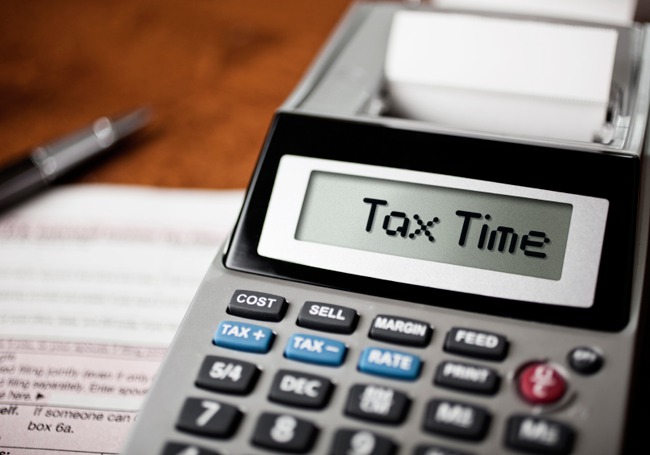What to do if you forget to fill out your taxes on time
Don’t let the fact that you didn’t file your 2020 federal tax return or require an extension by May 17 discourage you from filing your 1040 and paying your tax as soon as possible if you owe the IRS money. If you act fast, you will keep the fines and interest you can owe from spiraling out of control.
Filing and paying late is better than not paying at all. You might think, what’s a couple of weeks more if I’ve already missed the deadline? However, the earlier you file your tax return, the better.
You will face different fines on both reporting and paying late, in addition to the interest paid on the tax you owe. For any month (or half of a month) the return is late, the late-filing penalty is 5% of the tax owed. The minimum penalty is $435 (for tax returns due in 2021) or the value of the tax due on your refund, whichever is greater if your return is more than 60 days late.
For any month (or part of a month) where the tax isn’t collected, the late-payment penalty is 0.5 percent of the outstanding balance. Ten days after the IRS issues a final notice of intent to tax or seize land, the rate rises to 1%. That may be as much as 25% of the outstanding revenue.
In addition to the fines, the IRS will begin collecting interest on the outstanding tax balance from May 17 until the balance is paid in full. Interest will accrue and accumulate daily until the balance is paid in full. The current interest rate for underpayments is 3%, which is determined by adding three percentage points to the federal short-term rate. Because any unpaid fines will accrue interest while they are unpaid, it is important that you file your tax return on time.
What’s next?
Filing an extension
Filing an extension effectively extends the date for filing your taxes which saves you from fines. Penalties for late filing will add up to 5% of the balance due for your return for each month that you’re late. If you file your return more than 60 days late, the default penalty is $100 or 100% of the tax owed, whichever is less. The penalty is waived if you file for an extension.
How long does my extension last?
If you file an extension by May 17, 2021 (the deadline for the 2020 tax year), your deadline is extended to October 15, 2021. An amount of time to file a tax return would not imply that you have enough time to pay your taxes. You must determine the amount owed and pay it with your Form 4868 if you plan to owe money. The extension will be issued immediately if you follow these instructions.
What happens if you don’t request an extension?
If you are expecting a refund from the IRS, as about three out of every four taxpayers do per year, there is no penalty for failure to file your tax return by the deadline, even if you do not request an extension. In the case of state taxation, though, this may not be the case.
If you owe a debt, now is the time to pay that off. If you don’t pay any of your taxes before the filing deadline, you’ll owe a late payment penalty of 0.5 percent per month, or a percentage thereof, before you do. The highest late payment penalty is 25% of the outstanding balance. So you’ll almost certainly owe debt on the amounts not paid before the filing date.
If you didn’t get an extension, you’d have to pay a late filing charge of 5% of the outstanding tax per month, plus interest, if you didn’t get one. So the gross punishment for late filing is 25% of the total due.
What if I owe the IRS money but am unable to pay?
You have a few choices if you find yourself in this case, including credit card payments, offers in compromise. You may still easily file your return and wait for the IRS to send you a bill, but be prepared to pay interest and fines if the bill requires them.
You have some options for paying the tax bill with credit. Both credit cards and bank loans are acceptable methods of payment. To cover your tax bill, you can apply for a mortgage loan, a home equity loan, or a cash advance on your credit card.
And if you owe more than you can pay, you can also file a tax return. Even though you don’t enclose a search for the balance due, Sending in your return saves you from the late-filing charge, which would otherwise keep digging you further into a pit. Attach a Form 9465 Installment Agreement Request to your tax return, requesting that the IRS set up a monthly payment package to help you pay off your debt.
Extensions of pay are usually limited to six months if accepted. Furthermore, the IRS needs some appropriate protection before issuing a payment extension. Depending on the conditions, the security could be in the form of a contract, notice of lien, mortgage, or another way.
If you need further assistance, feel free to contact us. Our team has the experience to advise in this type of matter.


Recent Comments